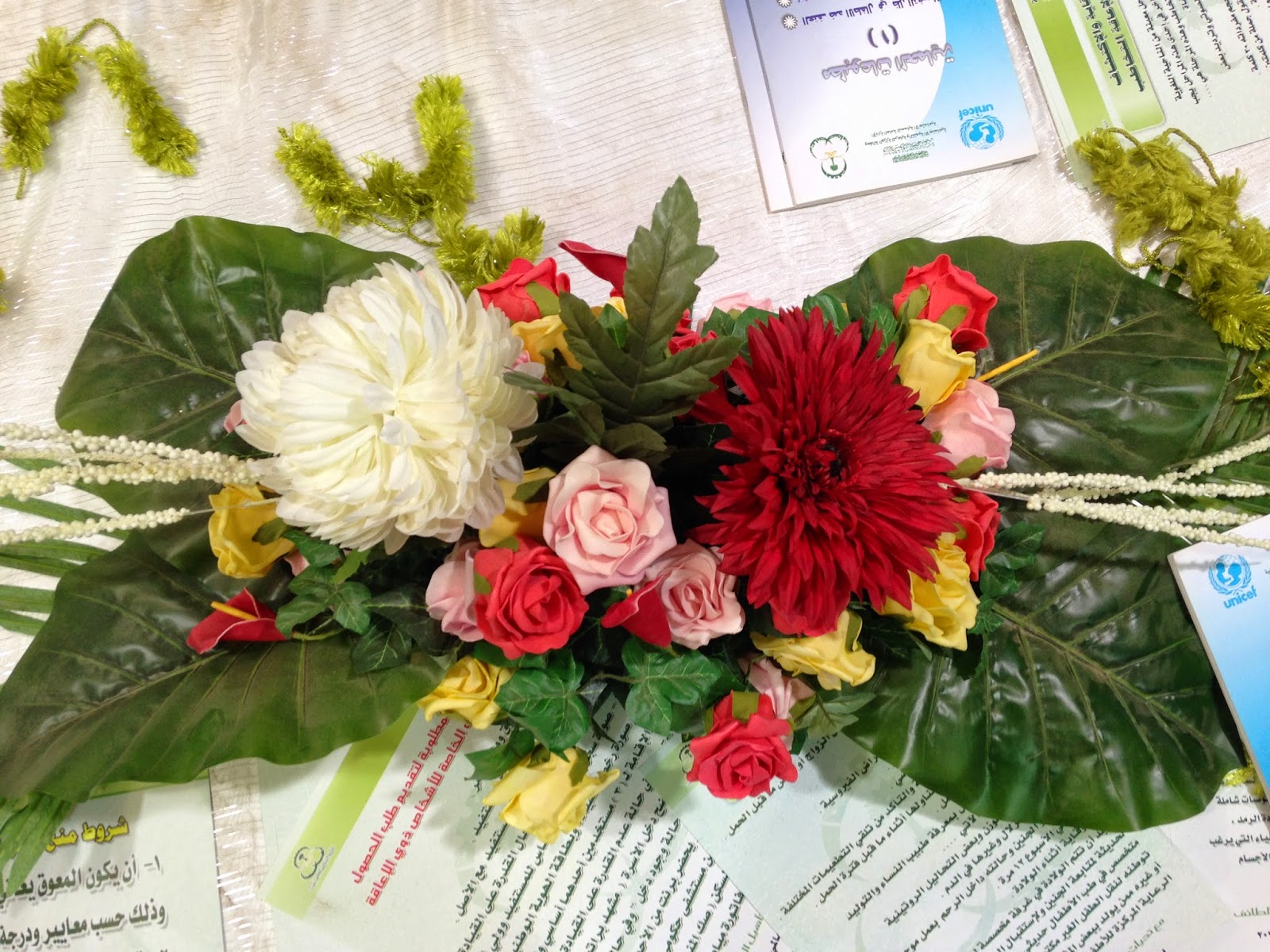
As I look back on the past year of building a sustainability effort at Effat University - a private, non-profit, all-female institution in the Kingdom of Saudi Arabia - I'd like to share with you some thoughts on the overal experience.
Perhaps because I'm human, my first thoughts are about the challenges I faced. These included gathering and validating data and building the right team to identify and implement solutions.
But by far the toughest part of incorporating sustainability principles into our operations has been building an organization-wide understanding of sustainability. Doing so is very important, because if there is an understanding of the value of such an initiative, gaining leadership and overall consensus is much easier. If you have leadership and community support, the rest is then simply about working together on solutions. That’s because, beyond
education, sustainability is about cooperation.
Sadly, this education obstacle is not unique to our university. All throughout the world, the sustainability movement is being hindered not only by economic and value systems that place profit above all else, but also by the lack of understanding of what sustainability is, what it means for an organization, and what it means for the world. Or, even worse, we derive different meanings, different meanings that only serve to produce competing sustainability agendas rather than a common objective.
What is sustainability?
For the sake of simplicity, let's first look at the definition provided by the disbanded Brundtland Commission in their final report
Our Common Future.
They defined sustainability, or sustainable development, as "development that meets the needs of the present without compromising the ability of future generations to meet their own needs." Many would argue this definition is insufficient and overly simplistic. I tend to agree. Perhaps a better definition would be "improving the lives of people around the world and maintaining that way of life indefinitely, by designing economies and other social institutions that are fair and operate within the natural limits of Earth."
Given the current way in which we "develop", it’s an inherently paradoxical concept. How can the continued growth of our economies, which currently rely so heavily on the exploitation of people and planet, be sustainable? Well, it's not. This approach to operating spaceship Earth simply won't work on the timescales we should all be concerned with.
Hundreds of millions of people still live in poverty and lack the most basic of services. Wealth continues to accumulate in the hands of fewer and fewer people. Our climate is changing before our eyes, with more frequent and intense weather events costing us tens of thousands of lives and billions of dollars in damage annually. Biodiversity continues to decline rapidly, threatening the basic functioning of the ecosystems that we so massively depend on for resources and waste removal. These are just a few of the many social, economic, and
environmental issues we face.
How did we get into this mess?
It's simple, really. The environmental and sustainability movements came about in response to humans spending most of their time becoming richer without considering the human and natural capital that our profits depend on. Think of it like this: If the last 200-300 years of capitalism were a person, the torso would be our global economy, getting fatter and fatter as the years passed. The people and the natural environment that support this economy would be the legs, growing weaker by the day, having a harder and harder time supporting the growing torso.
Governments have done a decent job at reigning in capitalism to avoid its pitfalls, and they can certainly do more - but it's a very slow go. They simply don't have the political will. Why? Because their values, and the values of the people who elect them, are corrupt. As a whole, profit is still the most important thing.
How can we change this?
If you said education, you're correct. Incorporating
environmental science and sustainability coursework at all levels of education around the world would go a long way. We need future generations who value people and the environment as much as, or more than, profit - and we need to start now.
It isn't too late for us older generations either. I'm the perfect example. I grew up in the pinnacle of consumerist societies (the USA) and have learned to live and think differently than most as a result of my higher education. It really opened my eyes to what we were doing to the environment and other people as we relentlessly pursue profits.
For those of us who can't return to school, there is plenty of information out there and it is easier than ever to access over the Internet. So educate yourself, and remind yourself that without people and the environment, there is no economy, and therefore no standard of living like the one you have today. If you own or run a business, know that sustainability is good for the long-term success of your business, with wealthier lower classes better able to afford your products and services, and a healthier natural environment providing you with a stable climate to conduct business in, among many other things.
In the end, sustainability is simply a mindset, a mindset that we can all achieve through education. So share this article with your friends and family, discuss sustainability with them, and continue the dialogue. We can learn to set aside our differences and work together on a common goal, one that allows us to improve life for all in socially and environmentally responsible ways.
We only have one Earth, one home, so we need to get this right - and I know we will. Sadly, however, we are human and we tend to only act out of necessity. We won't change in meaningful ways until catastrophe strikes. History has proven this time and again. I just hope things don't get too bad before we act.






















